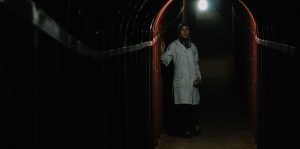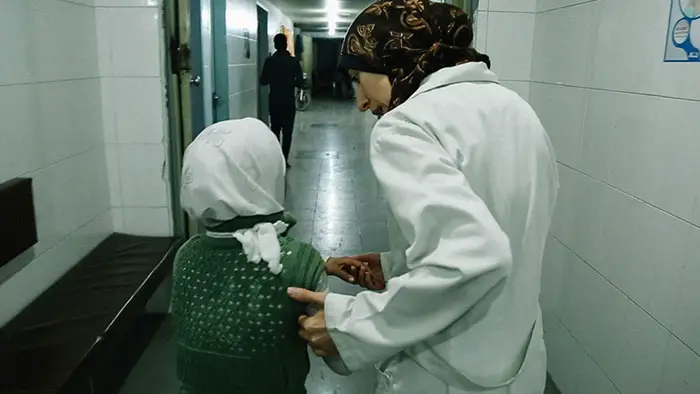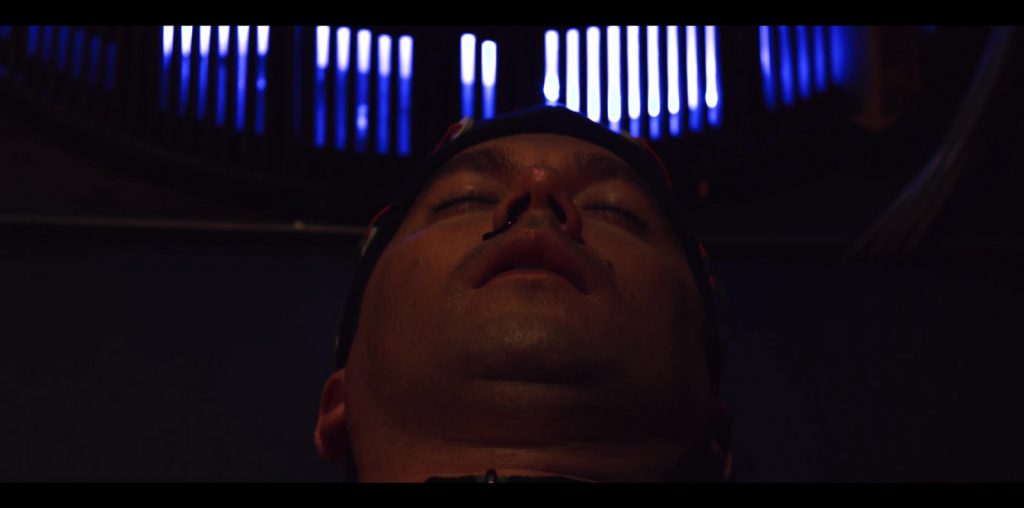
A team of doctors stay behind in a besieged town in war-torn Syria and are forced to move their hospital underground in the latest documentary from Feras Fayyad, The Cave.
National Geographic excels at producing or acquiring particularly gripping documentaries, and The Cave is no exception. It is a shoo-in for an Oscar nomination for Best Documentary. That would be a second for the director, Feras Fayyad, whose doc Last Men in Aleppo was nominated in 2018. (Full disclosure, I was the co-host of a show on National Geographic.)
In The Cave, Ghouta, a city of 400,000 is surrounded by forces loyal to the Assad regime and being bombed by Russian warplanes. A team of doctors and students have stayed to help, notably Amani the manager of the hospital, Salim the surgeon, and Samher, who is also struggling to feed the staff with limited supplies. The town is surrounded, and all life is disrupted. Malnutrition, especially among children, is rampant, and prescriptions can be meaningless because no one has the drugs people need.

“a team of doctors stay behind in a besieged town in war-torn Syria, and are forced to move their hospital underground…”
Airplanes regularly bomb, forcing many in the hospital’s care underground, into a network of tunnels. You’re constantly aware of the doctors’ sensitivity to the planes, as you can judge by their reactions how close one is. Often they are worried, but nothing happens. Other times, one hits close, and they may have to treat a massive influx of patients or seek cover themselves.
At the same time, medical professionals are trying to live themselves. They celebrate birthdays while dreaming about life outside of war. They are worried about eating (meagerly) while others in their community can’t. They waver when family members beg them to flee. They sometimes take pleasures in the tiniest details, but they also despair to the limits of their abilities when the worst happens.
"…you just don’t want to see it, but you need to."


